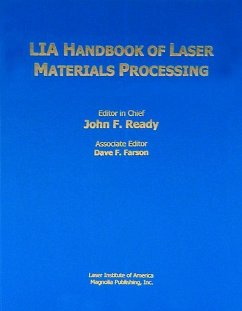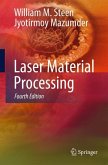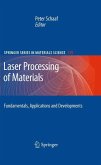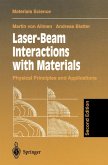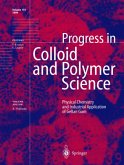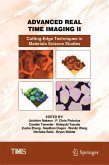Published by the Laser Institute of America, The LIA Handbook of Laser Materials Processing is a working reference source designed to help solve problems by providing extensive data on procedures, processes, equipment, processing systems and processing results.
The basic information about the various laser materials processing technologies presented here can help you determine:
- Their potential effectiveness for your application.
- Their capabilities and limitations.
- Their requirements.
- The numerical values for the laser parameters.
- The numerical values for the processing results (i.e., penetration depth and processing rates for specified conditions of irradiation).
The basic information about the various laser materials processing technologies presented here can help you determine:
- Their potential effectiveness for your application.
- Their capabilities and limitations.
- Their requirements.
- The numerical values for the laser parameters.
- The numerical values for the processing results (i.e., penetration depth and processing rates for specified conditions of irradiation).
From the reviews of the first edition:
"This handbook is for engineers, materials scientists, optical scientists and physicists. It is designed to help solve problems in laser processing of metals, ceramics and other materials. The book contains a great deal of basic as well as advanced information and covers a broad range of pertinent topics: materials, instruments, procedures, industrial and laboratory equipment, monitoring, processes, processing systems, processing results and prototyping. ... The book should not be missed in laboratories dealing with laser processing." (P. K. Sherman, Optik, Vol. 114 (4), 2003)
"This handbook is for engineers, materials scientists, optical scientists and physicists. It is designed to help solve problems in laser processing of metals, ceramics and other materials. The book contains a great deal of basic as well as advanced information and covers a broad range of pertinent topics: materials, instruments, procedures, industrial and laboratory equipment, monitoring, processes, processing systems, processing results and prototyping. ... The book should not be missed in laboratories dealing with laser processing." (P. K. Sherman, Optik, Vol. 114 (4), 2003)

